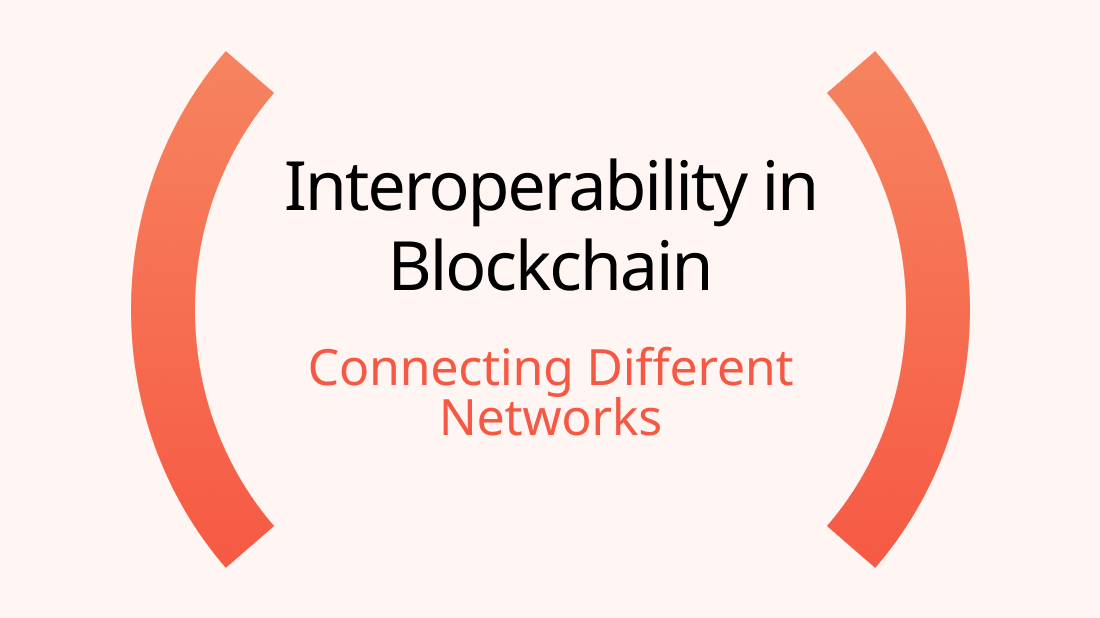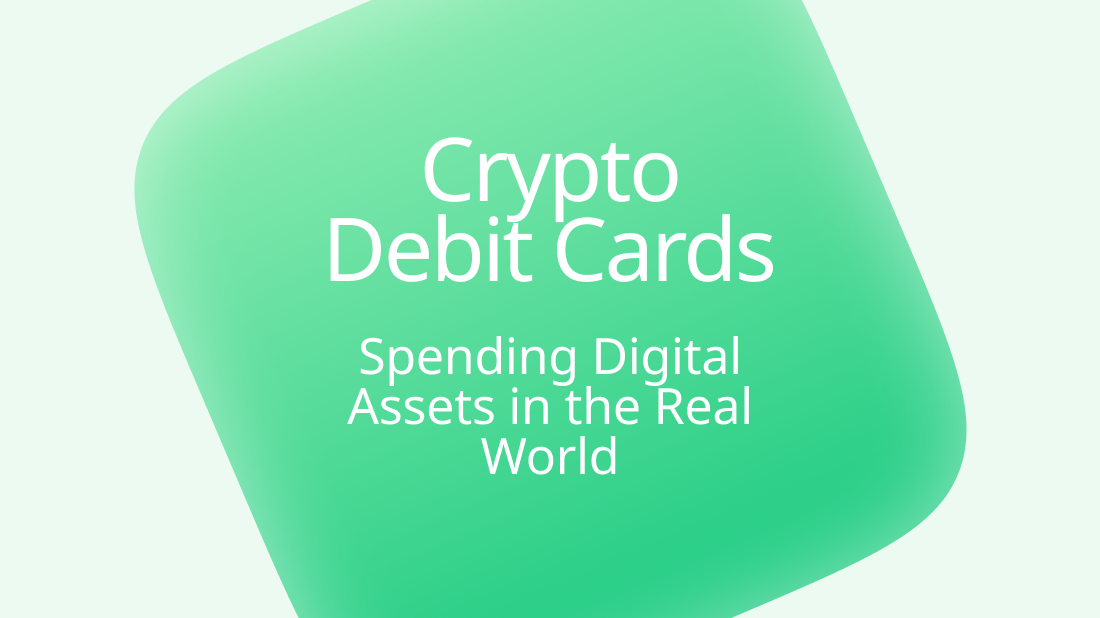Digital Identity and Privacy in the Crypto World

In the burgeoning world of cryptocurrencies, the concepts of digital identity and privacy hold paramount importance. As more people engage with blockchain technology for financial transactions, investments, and decentralized applications, ensuring the security and privacy of digital identities becomes critical. This article delves into the significance of digital identity and privacy within the crypto ecosystem, highlighting essential tools and practices for maintaining privacy and security.
Understanding Digital Identity in Crypto
What is Digital Identity?
A digital identity is the online persona of an individual or entity, encompassing personal information, transaction history, and other digital footprints. In the crypto world, digital identities are often linked to public and private keys, which allow users to engage in transactions and access their assets securely.
Importance of Digital Identity
Digital identity in the crypto space ensures that users can prove ownership of assets, engage in transactions, and access services securely. It is a critical component for:
- Authentication: Verifying the identity of users and granting access to digital wallets and platforms.
- Authorization: Determining what resources and services a user can access.
- Accountability: Ensuring that actions and transactions can be traced back to a verified identity.
Privacy Concerns in the Crypto Ecosystem
The Challenge of Pseudonymity
Cryptocurrencies like Bitcoin offer pseudonymity, where transactions are recorded on a public ledger without revealing the identities behind the addresses. While this offers some level of privacy, it is not foolproof. Transaction patterns can sometimes be analyzed to trace identities.
Risks of Privacy Breaches
Privacy breaches in the crypto world can lead to severe consequences, such as:
- Theft of Assets: Unauthorized access to digital wallets can result in the theft of cryptocurrencies.
- Identity Theft: Personal information linked to digital identities can be exploited for fraudulent activities.
- Loss of Anonymity: Transaction histories linked to public keys can expose users' financial behaviors.
Enhancing Privacy and Security in Crypto
Privacy-Enhancing Tools
To address privacy concerns, several tools and technologies have been developed:
- Privacy Coins: Cryptocurrencies like Monero (XMR) and Zcash (ZEC) use advanced cryptographic techniques to obfuscate transaction details, ensuring greater privacy.
- Mixing Services: Coin mixers like CoinJoin aggregate multiple transactions, making it difficult to trace the origins of funds.
- Zero-Knowledge Proofs: Technologies like zk-SNARKs (used in Zcash) allow transactions to be verified without revealing the transaction details.
Best Practices for Security
Users can adopt several practices to enhance their digital identity security:
- Use of Hardware Wallets: Hardware wallets like Ledger and Trezor store private keys offline, providing robust protection against hacks.
- Two-Factor Authentication (2FA): Enabling 2FA adds an extra layer of security by requiring a second form of verification.
- Regular Software Updates: Keeping wallets and applications updated ensures that security vulnerabilities are patched promptly.
- Secure Backup: Regularly backing up private keys and recovery phrases in a secure manner can prevent loss of access.
Blockchain Privacy Solutions
Decentralized Identity Systems
Decentralized identity (DID) systems leverage blockchain technology to provide secure and verifiable digital identities. These systems allow users to control their identity data, share it selectively, and ensure that their personal information is not stored on centralized servers.
Self-Sovereign Identity
Self-sovereign identity (SSI) is a concept where individuals own and control their digital identities. With SSI, users can manage their identity data using cryptographic keys and share only the necessary information with service providers. Projects like Sovrin and uPort are pioneering the implementation of SSI on blockchain networks.
Zero-Knowledge Rollups
Zero-knowledge rollups (zk-rollups) are a scalability solution for blockchains that enhance privacy and efficiency. They aggregate multiple transactions into a single batch, verified by a zero-knowledge proof. This ensures that the underlying transaction details remain private while maintaining the integrity of the blockchain.
Case Studies and Real-World Applications
Financial Services
Several financial institutions and fintech companies are exploring the integration of blockchain for secure digital identity verification. For example, IBM's Verify Credentials solution uses Hyperledger Fabric to create verifiable digital identities for financial services.
Healthcare
In healthcare, blockchain technology is being used to secure patient data and enhance privacy. Projects like Medicalchain and Solve.Care leverage blockchain to ensure that patients have control over their health records and can share them securely with healthcare providers.
Supply Chain Management
Blockchain is also transforming supply chain management by providing transparent and immutable records of product provenance. Projects like VeChain and IBM Food Trust use blockchain to enhance traceability and authenticity while protecting the privacy of supply chain stakeholders.
Conclusion
As the crypto ecosystem continues to evolve, the importance of digital identity and privacy cannot be overstated. Ensuring that users can engage with cryptocurrencies securely and privately is essential for the widespread adoption of blockchain technology. By leveraging advanced privacy tools, adopting best security practices, and exploring innovative solutions like decentralized identities and zero-knowledge proofs, the crypto community can create a safer and more private digital landscape.
Understanding the significance of digital identity and privacy in the crypto world is crucial for anyone involved in this dynamic space. With continuous advancements and a proactive approach to security, the future of digital identity in the crypto ecosystem looks promising, offering enhanced privacy and security for all users.












